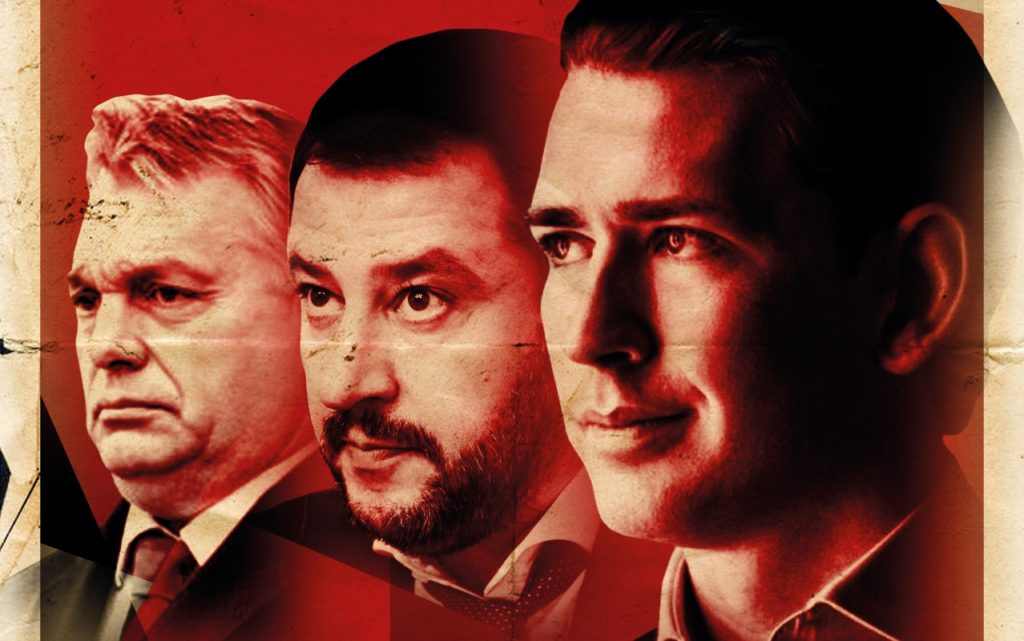
Credit: New Statesman
An Illiberal International is now advancing and one of the first to sound the alarm was Yascha Mounk, the author of The People vs Democracy (2018) and a lecturer on government at Harvard University, The New Statesman reports:
Like Francis Fukuyama, author of The End of History and the Last Man (1992), Mounk [a contributor to the National Endowment for Democracy’s Journal of Democracy] used to believe that “there was no coherent alternative to liberal democracy”. But confronted by the illiberal democracies of Hungary and Poland, he now laments: “When populists get elected they have a good chance of dismantling democracy reasonably quickly – because they have a playbook.”
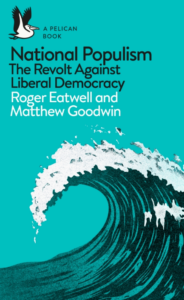 But efforts to formalize the Illiberal International in the shape of The Movement, a cross-border populist initiative led by Stephen Bannon, are “problematic,” says Matthew Goodwin, a professor of politics at the University of Kent and a co-author of the forthcoming book National Populism: The Revolt Against Liberal Democracy.
But efforts to formalize the Illiberal International in the shape of The Movement, a cross-border populist initiative led by Stephen Bannon, are “problematic,” says Matthew Goodwin, a professor of politics at the University of Kent and a co-author of the forthcoming book National Populism: The Revolt Against Liberal Democracy.
“The Movement will not necessarily be as significant as the movements that Europe already has. Many of these populist parties have tens of thousands of members, they are already established, they already have a brand within their respective political systems,” he told The Atlantic.
The rejection of what we might call “Euro-liberal mainstream” politics in 2015, when the right-wing Law and Justice party pushed the center-right Civic Platform from power, had little to do with economics, notes POLITICO’s Mathew Kaminski.
 “Here was a Polish version of Viktor Orbán’s “illiberal democracy” built on blood, soil and the fear of the “other,” i.e. the migrant (Muslim, mind you, not Ukrainian),” he adds. “This was not the White Underemployed Male’s cry for help. Poland doesn’t have either stagnant wages or lingering scars from the 2008 crisis, which passed it by altogether.”
“Here was a Polish version of Viktor Orbán’s “illiberal democracy” built on blood, soil and the fear of the “other,” i.e. the migrant (Muslim, mind you, not Ukrainian),” he adds. “This was not the White Underemployed Male’s cry for help. Poland doesn’t have either stagnant wages or lingering scars from the 2008 crisis, which passed it by altogether.”
How, if at all, will liberal democracy survive? That is the biggest question raised by this transformative decade, argues Martin Wolf, the FT’s chief economics commentator, noting that the populist upsurge is a direct consequence of the financial crisis of 2008, according to Adam Tooze, author of Crashed: How a Decade of Financial Crisis Changed the World.
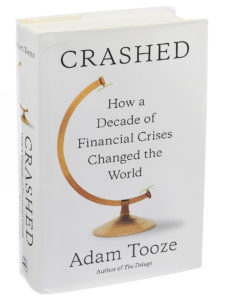 Tooze remarks that “the optimistic dogma under which democracy and markets were seen as necessary complements — the mantra of the aftermath of the cold war — was dead. In its place the crisis had put a more realistic awareness of the potential tensions between the two.” This is surely right, The FT’s Wolf suggests:
Tooze remarks that “the optimistic dogma under which democracy and markets were seen as necessary complements — the mantra of the aftermath of the cold war — was dead. In its place the crisis had put a more realistic awareness of the potential tensions between the two.” This is surely right, The FT’s Wolf suggests:
The book also analyses the consequences for eastern Europe and Russia. It explains how the crisis led directly to the election of the Fidesz party in 2010 and so put Hungary on the path to Viktor Orban’s “illiberal democracy”. The impact of the shattering financial crisis transformed the relationship between the Russian government and the oligarchs. As the economy continued to struggle, it also promoted Russia’s dangerously nationalist turn.
Tooze’s argument is echoed by a prominent former White House adviser and …
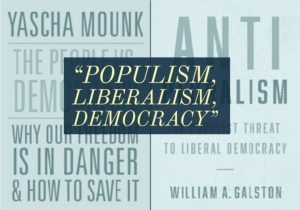 Bannon is right, analyst Fareed Zakaria contends in the New York Times:
Bannon is right, analyst Fareed Zakaria contends in the New York Times:
The crash brought together many forces that were around anyway — stagnant wages, widening inequality, anger about immigration and, above all, a deep distrust of elites and government — and supercharged them. The result has been a wave of nationalism, protectionism and populism in the West today. A confirmation of this can be found in the one major Western country that did not have a financial crisis and has little populism in its wake — Canada.
Crisisology
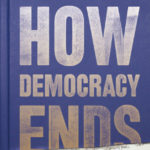 “It’s possible that a more profound shift is underway,” Timothy Shenk notes for The Atlantic. On the other hand, “ss the political theorist Corey Robin has observed, when an old order is collapsing… it is easy to confuse the waning of a particular political system with a more fundamental breakdown of democracy,” he writes in a review of How Democracy Ends by David Runciman and How the Rebirth of Tribalism, Populism, Nationalism, and Identity Politics is Destroying American Democracy by Jonah Goldberg.
“It’s possible that a more profound shift is underway,” Timothy Shenk notes for The Atlantic. On the other hand, “ss the political theorist Corey Robin has observed, when an old order is collapsing… it is easy to confuse the waning of a particular political system with a more fundamental breakdown of democracy,” he writes in a review of How Democracy Ends by David Runciman and How the Rebirth of Tribalism, Populism, Nationalism, and Identity Politics is Destroying American Democracy by Jonah Goldberg.
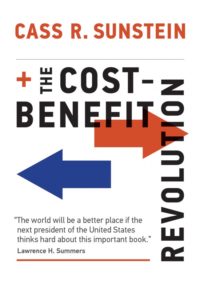 Illiberalism and populism thrive on irrationality, observers suggest, but policies should be based on consideration of costs and benefits rather than on intuition, popular opinion, interest groups, and anecdotes, according to a new book which sees “cost-benefit analysis as a prism for understanding democracy”:
Illiberalism and populism thrive on irrationality, observers suggest, but policies should be based on consideration of costs and benefits rather than on intuition, popular opinion, interest groups, and anecdotes, according to a new book which sees “cost-benefit analysis as a prism for understanding democracy”:
In The Cost-Benefit Revolution, Cass Sunstein argues our major disagreements really involve facts, not values. It follows that government policy should not be based on public opinion, intuitions, or pressure from interest groups, but on numbers—meaning careful consideration of costs and benefits. Will a policy save one life, or one thousand lives? Will it impose costs on consumers, and if so, will the costs be high or negligible? Will it hurt workers and small businesses, and, if so, precisely how much?







